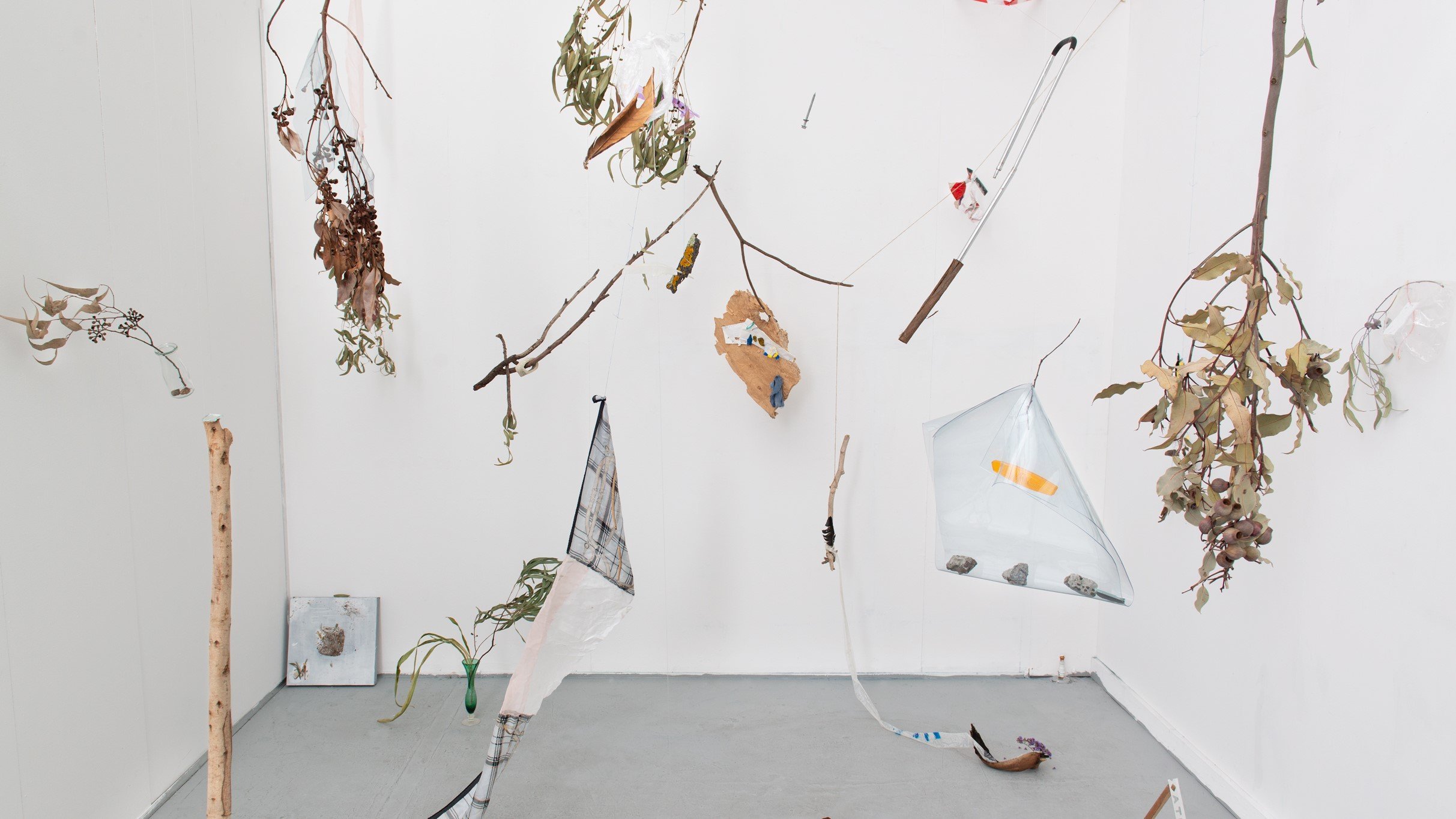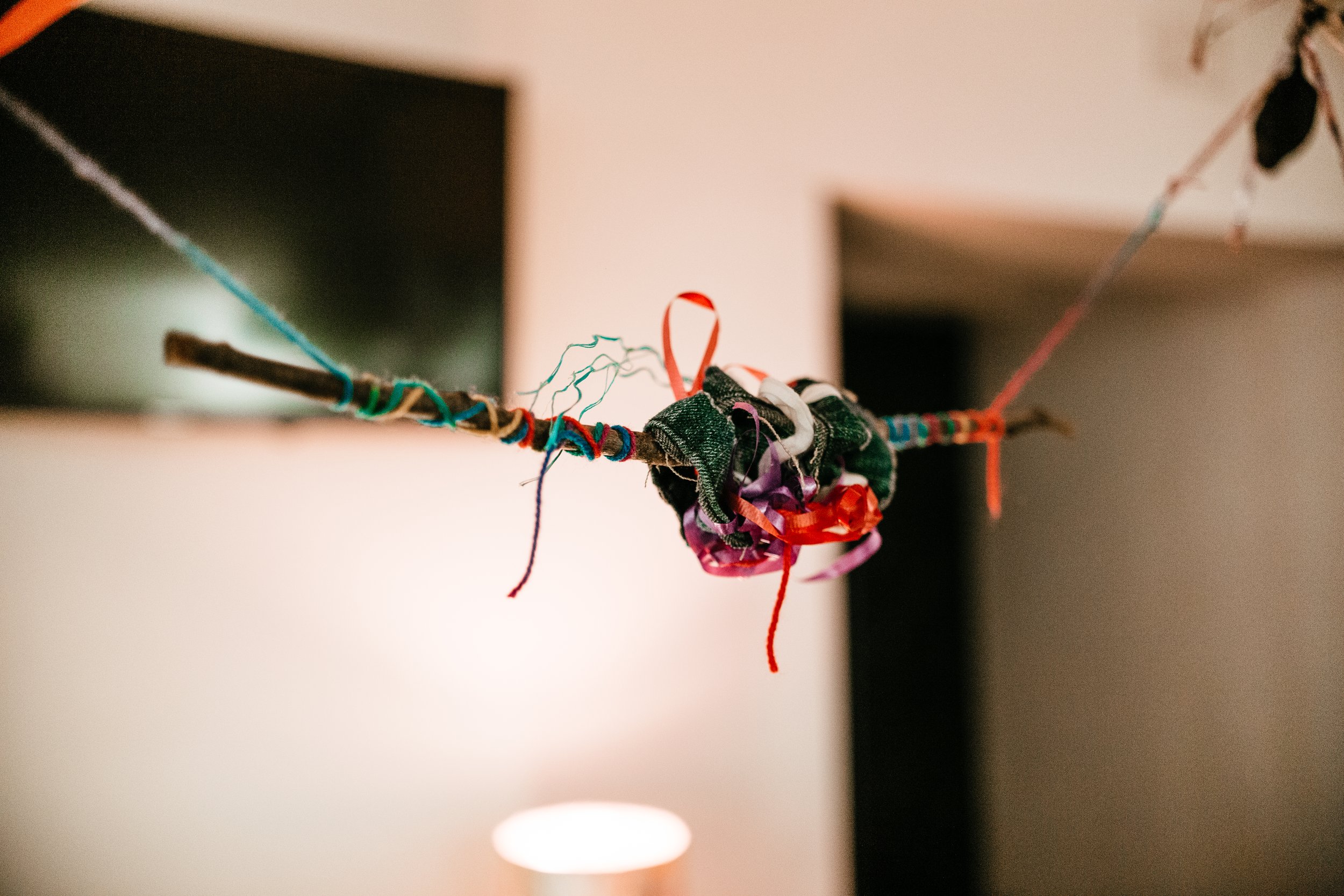
Glob 1: Plastic Waste
Biodegradable? Bioplastics?
What’s the deal?
Plastics can be derived from 2 sources:
Bio based (bioplastics), ≈1% of plastics are derived from plants like sugarcane or corn
Fossil fuel based, ≈99% of plastics are derived from petroleum, gas or coal
Biodegradable plastics can be bio based and/or fossil fuel based. Biodegradable plastics are plastics that are designed to break down completely and return to the environment as harmless substances.
Don’t be fooled by biodegradable plastics!
Their complete breakdown rarely occurs as biodegradable plastics are designed to biodegrade under specific conditions. Most plastics end up in the ocean or landfill, where these conditions are not met.
The environmental benefits of biodegradable plastics are heavily dependent on proper disposal and treatment. If biodegradable plastics are thrown into landfills or the ocean, they often behave similarly to regular plastics, breaking down slowly or not at all.
So please...
Be vigilant with greenwashing*, the promotion of biodegradable plastics is just one example of this.
Reduce the amount of plastic you use and encourage friends to do the same.
Hold brand owners accountable for their packaging and support businesses that use zero or low plastic packaging.
Vote for political parties that prioritise legislating reducing plastic production.
*Greenwashing is the act of making false or misleading statements about the environmental benefits of a product or practice (nrdc.org)
Microplastics are now found in almost every part of the human body
There is so much plastic waste in the environment, It is estimated that 4 tonnes of plastic is dumped into the ocean every minute.
Plastic is not just being dumped into the ocean, but it’s seeping into us as well.
A recent study has found that brain tissue contains up to 20 times more microplastic than other organs, this amount is increasing over time. Something more freaky is that ‘the brains of people who suffered from dementia contained significantly more plastic than the brains of healthy people’ (Yale School of the Environment).
Yes this is grim... but there is some cool stuff happening in the plastic waste space
CSIRO and Murdoch University have unveiled the Bioplastics Innovation Hub, an $8 million initiative focused on developing 100% compostable plastics.
Scientists at James Cook University have figured out how to turn microplastic pollution into graphene—a material stronger than diamonds and steel, but incredibly light.
Researchers at the University of Queensland have developed compostable, recyclable bio-packaging from sugarcane waste that can replace plastic in agriculture, offering a sustainable alternative to reduce plastic waste and emissions while extending produce shelf life.

…end
Artist
Phoebe Thompson (they/them) is an artist, curator, poet, and producer living on unceded Boon Wurrung land. Their multi-disciplinary practice is concerned with ecology and sustainability, personal identity, and the built and existing environment.
Researcher
Erin (she/her) is an environmentalist living on Gimuy Walubara Yidinji Country and Yirrganydji Country. She has worked professionally in Waste Management.
Glob 1: Plastic Waste, references:
Bioplastics market data; https://www.european-bioplastics.org/market/
Microplastics Found in Human Brains; https://e360.yale.edu/digest/microplastics-human-brains
Bioaccumulation of Microplastics in Decedent Human Brains Assessed by Pyrolysis Gas Chromatography-Mass Spectrometry; https://www.ncbi.nlm.nih.gov/pmc/articles/PMC11100893/
Green warriors: Plants on the frontline against microplastics; https://phys.org/news/2024-08-green-warriors-frontline-microplastics.html
CSIRO and Murdoch University launch Bioplastics Innovation Hub to end plastic waste: https://www.csiro.au/en/news/All/News/2024/September/CSIRO-Murdoch-University-launch-Bioplastics-Innovation-Hub-to-End-Plastic-Waste
Queensland scientists discover how to turn plastic waste into ‘miracle’ microplastic: https://www.inqld.com.au/news/statewide/2024/08/13/queensland-scientists-have-discovered-how-to-turn-plastic-wast-into-miracle-microplastic
Letcher, T. M. (Ed.). (2020). Plastic Waste and Recycling: Environmental Impact, Societal Issues, Prevention, and Solutions. Academic Press.
Sugarcane bio-packaging could replace plastics in Australia: https://www.northqueenslandregister.com.au/story/8745643/sugarcane-bio-packaging-could-replace-plastics-in-australia/













